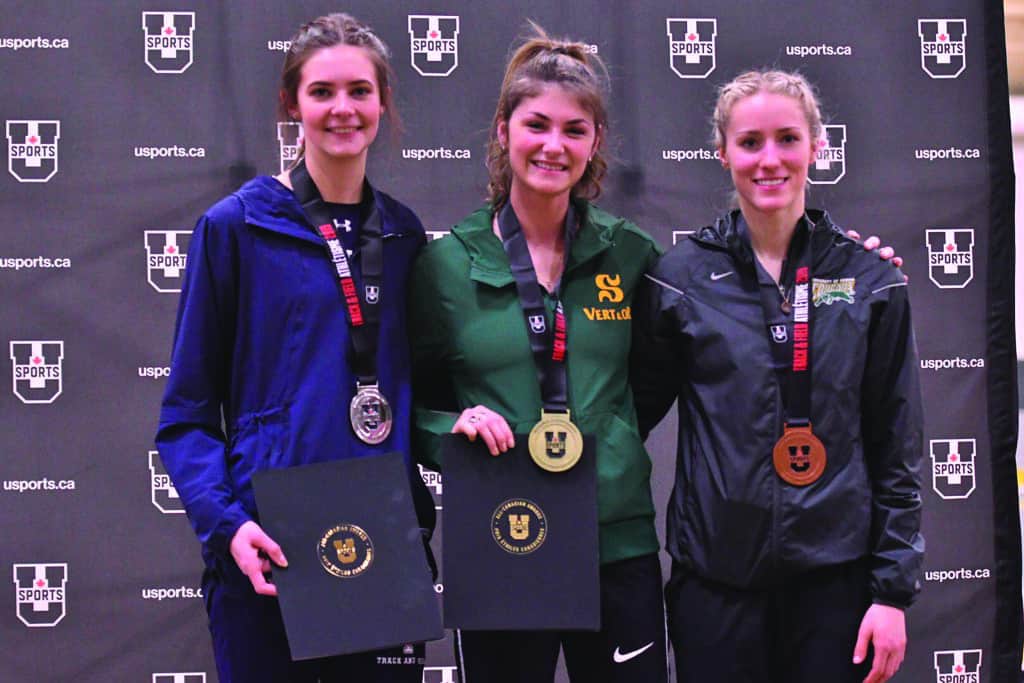Don’t leave it to the pros

MONTREAL (CUP) – I consider Italy to be a fairly liberal country. Italians are pretty open-minded people. If you compared Italians with Canadians, you would find a lot of similarities. That’s why I am going to use Italy’s model as the basis for my argument against the creation of a professional journalist order in Quebec.
In Italy, there are approximately 100,000 journalists (according to an article published by the European Journalism Centre). To become one, though, you have to belong to the Ordine dei Giornalisti (ODG), the official association of journalists in that country. The ODG is based on an organization originally conceived by none other than Benito Mussolini in 1928. The association was controlled by the Fascist Union and the Minister of Justice in order to control who could become members.
Most of us are aware of Italy’s crippling economic situation, and thus, more and more people are calling for the ODG and other professional associations to make it easier for people to get into the fields they’re interested in.
As a consequence of the onset of citizen journalists in the past decade, there are only about 23,000 professionisti, or full-time journalists, in Italy. Scarier still, “Only about 25 per cent of them actually practise their trade, while the rest use their membership cards to get free access to public museums,” according to the same article.
This helps explain why the creation of a professional order of journalists in Quebec is an awful idea.
It’s the brainchild of Christine St-Pierre, Quebec’s culture minister. Not only would this create a class system and prevent a lot of smart, articulate people from becoming journalists, it would severely taint our beloved freedom of speech.
Granted, the order would be managed by organizations representing journalists, such as the Quebec Press Council, and not the government. But the Quebec Press Council and the Fédération professionnelle des journalistes du Québec are still unsure of how or who would manage such an association.
There are a lot of people with great ideas out there. It’s inaccurate and downright insulting for someone like Université Laval professor Dominique Payette, a former Radio-Canada journalist hired by St-Pierre to carry out a report on the state of Quebec’s media landscape, to state the Internet is not yet a source of “original information that respects the journalistic method.” I know a bunch of bloggers who report with great accuracy, and I’m sure you do, too. My Twitter feed is full of them.
Alex Panetta, news editor for The Canadian Press in Montreal and a journalism professor at Concordia, agrees with the idea in principle, but is wary of its vulnerability to succumb to an abuse of power. “The job [of journalist] means being a paid storyteller,” he said. “It’s an incredibly opaque characteristic in an age where quality information can come from Twitter, blogs and Facebook.”
If St-Pierre gets her way, she’ll lead us into a train wreck; government press conferences will no longer be open to journalism students or any other “non-journalists.” It makes no sense at all.
Barbara Kay of the National Post said it best a few months ago: “The basic rules of reportage can be taught, but the ability to rapidly synthesize disparate pieces of information into an intelligible, easily digested whole is the fruit of individual talent, curiosity, insight and ambition, coupled with on-the-job experience.”
There’s no need for a regulatory body. There are already laws to deter journalists from writing dishonest or libellous content. We don’t need to be told which journalists to trust, or whether one journalist is more credible than another. Access to a mix of reputable media outlets as well as smaller, independent bloggers, and social media is a nice balance to strike.
Myles Dolphin
The Concordian (Concordia University)










